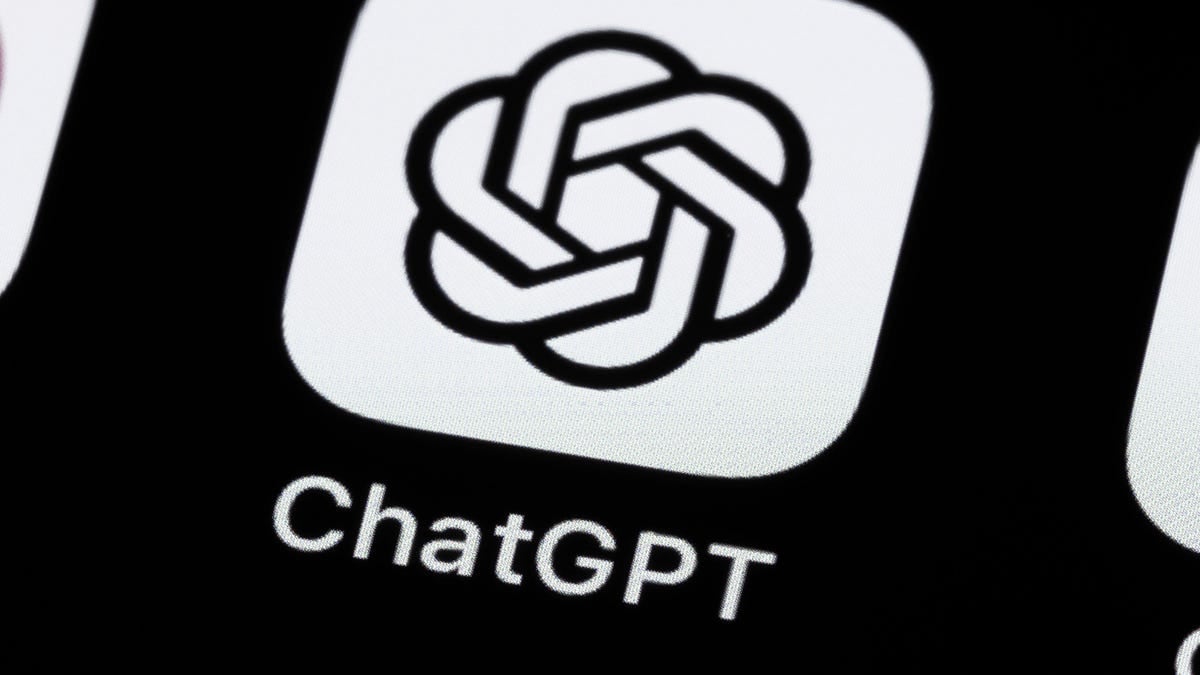The research from Purdue University, first spotted by news outlet Futurism, was presented earlier this month at the Computer-Human Interaction Conference in Hawaii and looked at 517 programming questions on Stack Overflow that were then fed to ChatGPT.
“Our analysis shows that 52% of ChatGPT answers contain incorrect information and 77% are verbose,” the new study explained. “Nonetheless, our user study participants still preferred ChatGPT answers 35% of the time due to their comprehensiveness and well-articulated language style.”
Disturbingly, programmers in the study didn’t always catch the mistakes being produced by the AI chatbot.
“However, they also overlooked the misinformation in the ChatGPT answers 39% of the time,” according to the study. “This implies the need to counter misinformation in ChatGPT answers to programming questions and raise awareness of the risks associated with seemingly correct answers.”



I guess it depends on the programming language… With python, I got very fast great results. But python is all about quick and dirty 😂
I asked ChatGPT for assistance with JavaScript doing HL7 stuff and it was a joke… After the seventh correction I gave up on it (at least for that task)
In Rust, it’s not great. It can’t do proper memory management in the language, which is pretty essential.
Well, if you use free chatGPT you only have knowledge until 2022, maybe that’s the reason